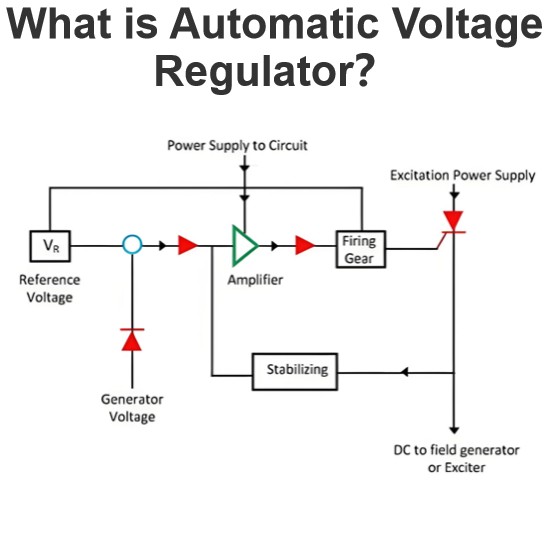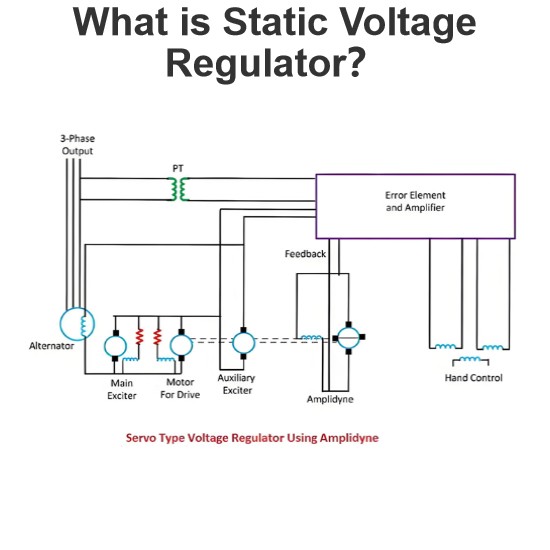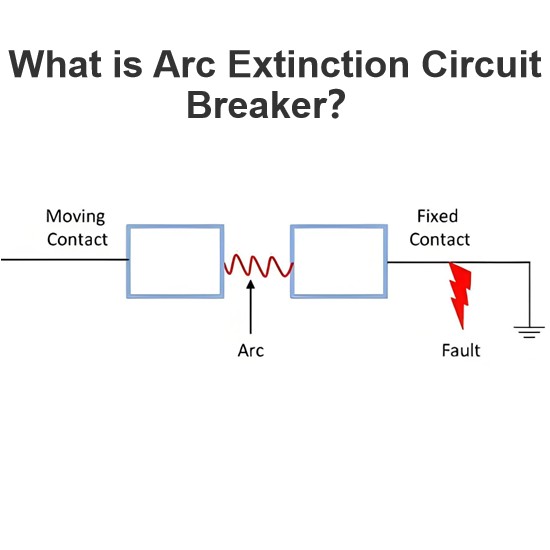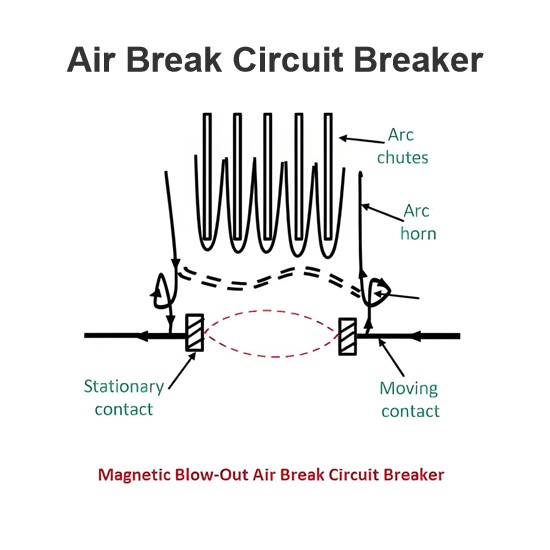What are the advantages of using a dielectric oil tan delta meter?
Advantages of Using a Dielectric Loss Measurement Instrument for Insulating Oil
Using a dielectric loss measurement instrument (Dielectric Loss Measurement Instrument) for measuring the dielectric loss of insulating oil offers several advantages. These advantages not only enhance the accuracy and reliability of measurements but also simplify the operation process and improve work efficiency. Here are the main advantages of using a dielectric loss measurement instrument:
1. High Precision and Accuracy
Accurate Measurement: Dielectric loss measurement instruments use advanced measurement techniques and algorithms to provide highly precise results, ensuring data accuracy.
Good Repeatability: Consistent results across multiple measurements reduce the impact of human error and random errors.
2. High Degree of Automation
Automatic Measurement: The instrument can automatically complete the measurement process, including sample loading, measurement, and data recording, reducing the complexity and potential errors of manual operations.
Data Processing: Built-in data processing functions automatically calculate the dielectric loss value and related parameters, making it easy for users to quickly obtain results.
3. User-Friendly Operation
Intuitive User Interface: Modern dielectric loss measurement instruments typically feature touchscreens and graphical user interfaces, making them simple and intuitive to operate.
One-Button Measurement: Users can start the measurement process with just one button press, without the need for complex settings and adjustments.
4. Multi-Functionality
Multi-Parameter Measurement: Besides dielectric loss, many instruments can measure other related parameters such as dielectric constant and resistivity, providing comprehensive material property information.
Wide Applicability: Suitable for different types of insulating oils, including mineral oil, synthetic oil, and plant-based oil.
5. Efficient and Quick
Fast Measurement: Advanced measurement technology significantly reduces measurement time, improving work efficiency.
Batch Processing: Capable of measuring multiple samples simultaneously or sequentially, meeting the needs of batch testing in laboratories and production sites.
6. Data Management and Analysis
Data Storage: Built-in storage can save a large amount of measurement data, facilitating subsequent analysis and management.
Data Export: Supports data export functions, allowing measurement results to be transferred to computers or other devices for further analysis and report generation.
7. Safety and Reliability
Safety Measures: Instruments are designed with multiple safety features, such as overvoltage protection and short-circuit protection, ensuring the safety of operators.
High Stability: High-quality components and stable circuit design ensure long-term reliable operation of the instrument.
8. Easy Maintenance
Self-Diagnostic Function: Many instruments have self-diagnostic capabilities that automatically detect and report faults, making maintenance and repair easier for users.
Easy Calibration: Instruments typically provide simple calibration methods to ensure the accuracy of measurement results.
Summary
Using a dielectric loss measurement instrument can significantly enhance the accuracy and reliability of measurements, simplify the operation process, and improve work efficiency. These advantages make dielectric loss measurement instruments indispensable tools in laboratories and industrial production. Whether for scientific research or quality control, a dielectric loss measurement instrument provides robust support.
The Electricity Encyclopedia is dedicated to accelerating the dissemination and application of electricity knowledge and adding impetus to the development and innovation of the electricity industry.













